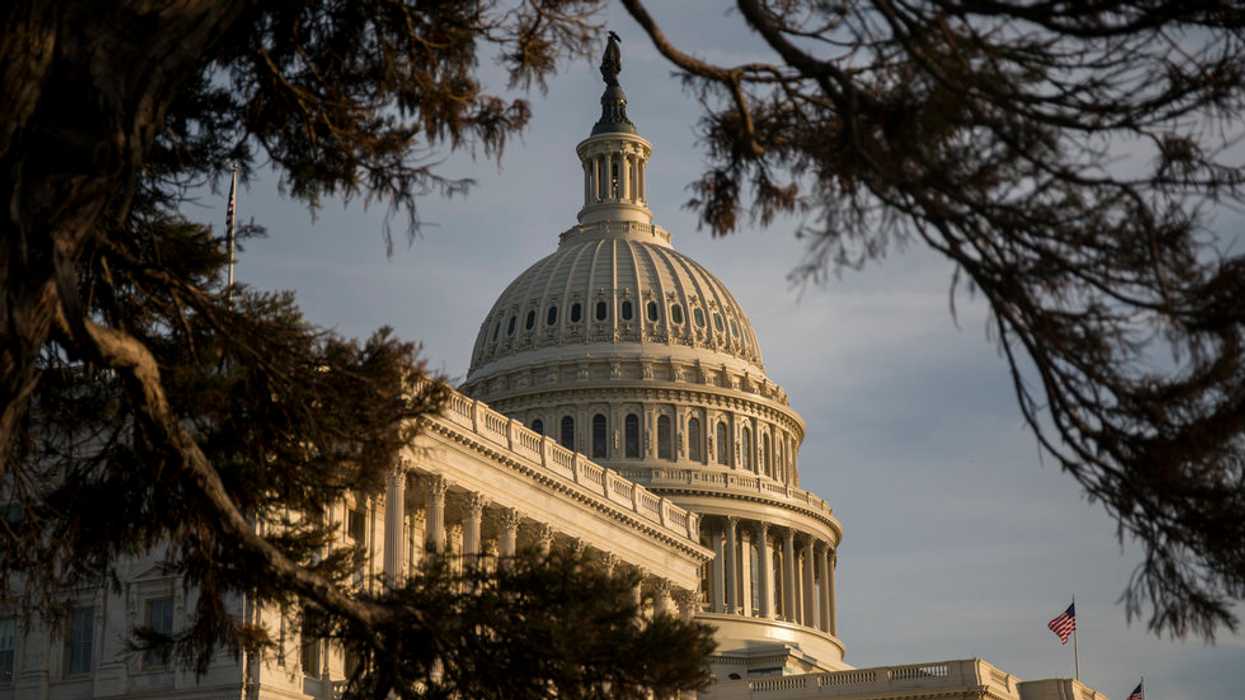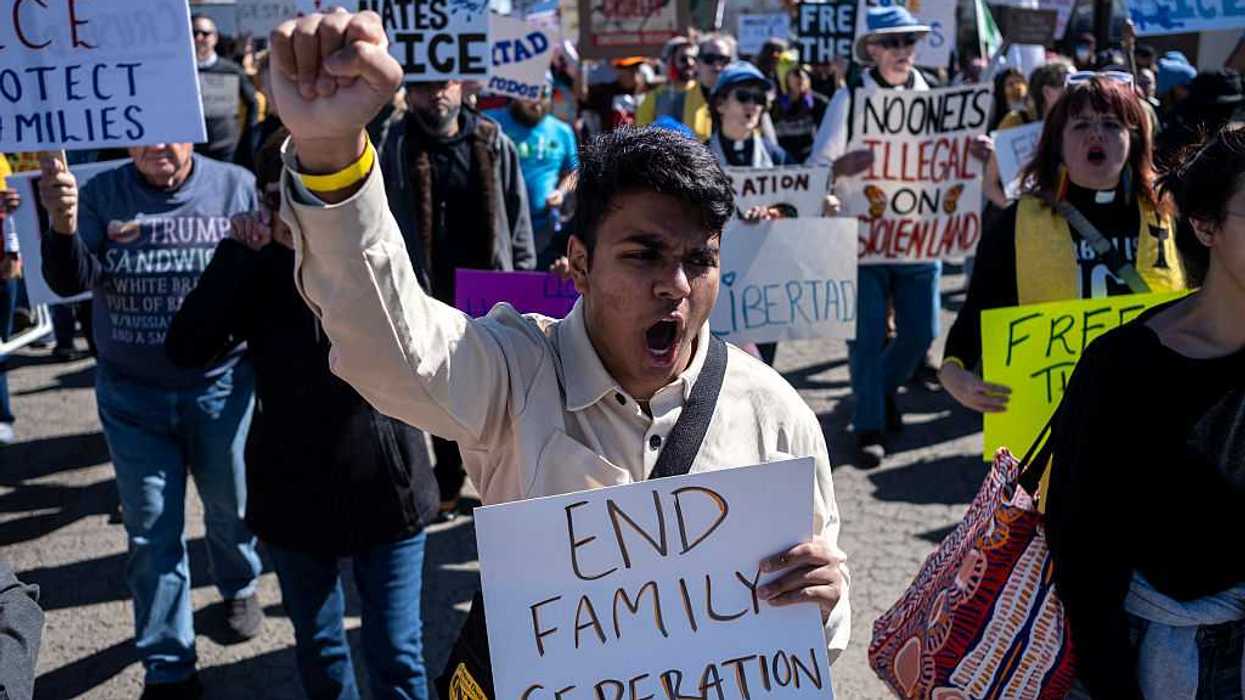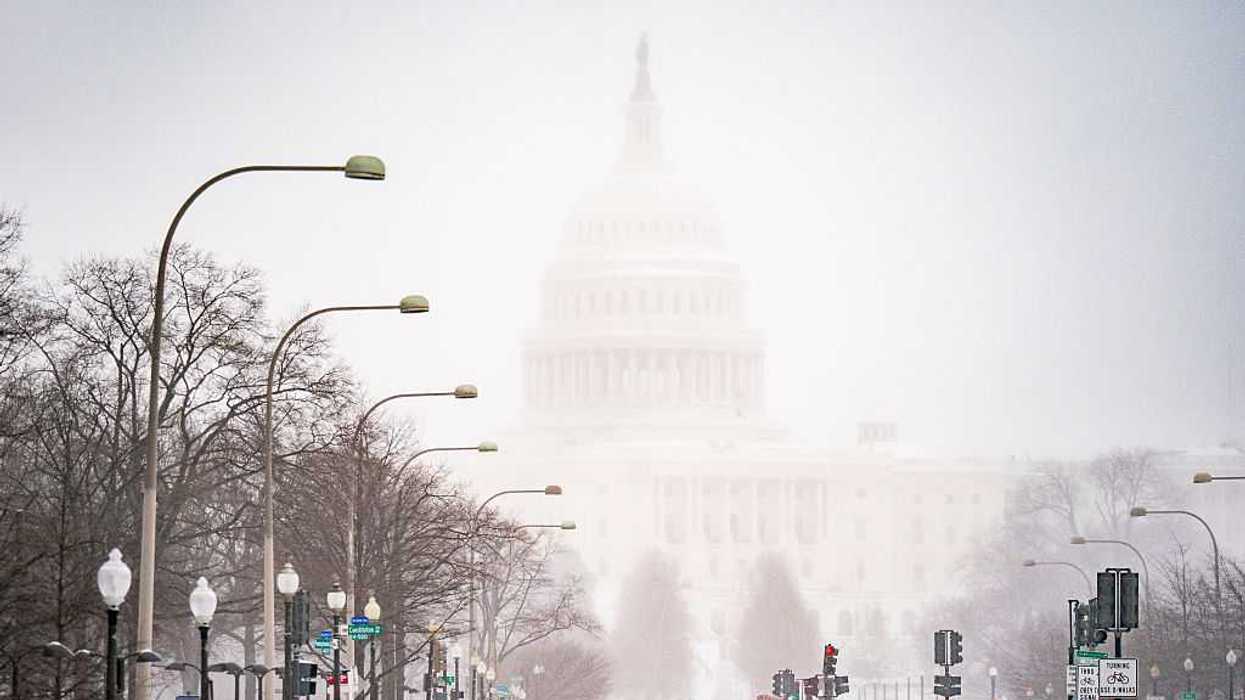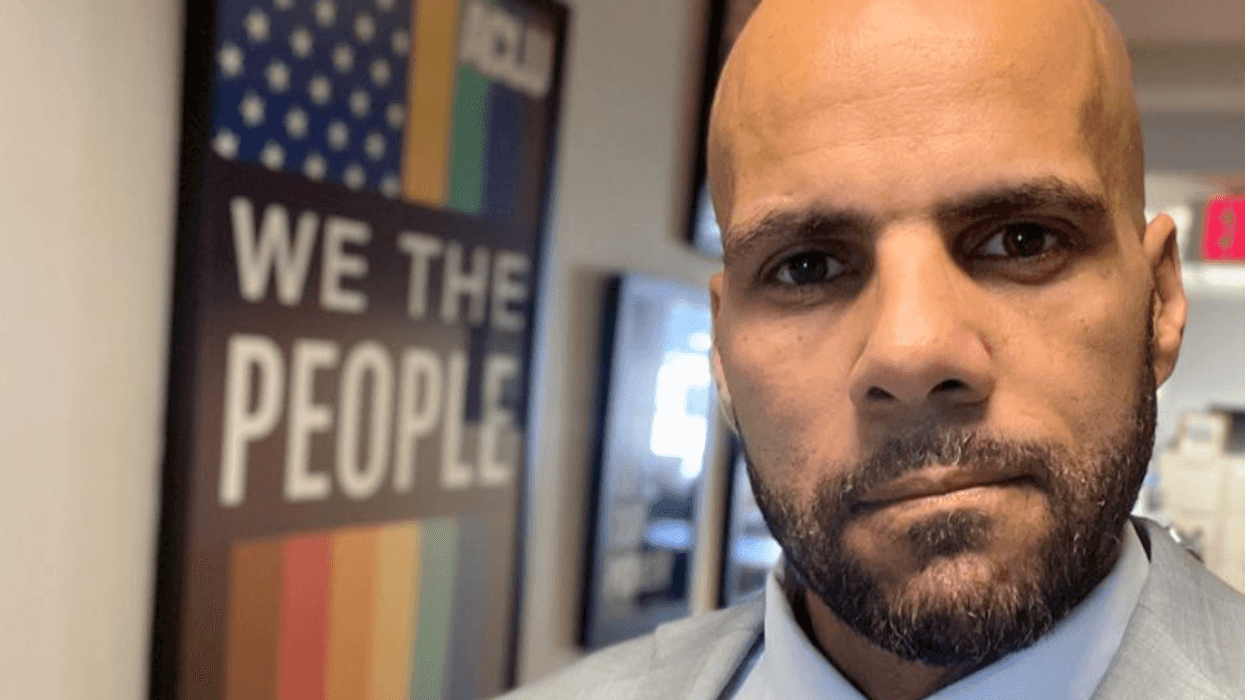Stern is the youth civic education and engagement coordinator in Texas for the Children's Defense Fund, which advocates to improve the health, welfare and education of young people.
With just days to go before the voting stops in 2020, this question remains: Will this be the year when younger voters decide the course of the elections?
Across measures of engagement such as donating money, attending a demonstration or volunteering for campaigns, youth are more involved today than they were even two years ago, when turnout by younger people reached a 30-year high for a midterm election. Stories abound of high schoolers filling phone banks for candidates and college students signing up to serve as poll workers, fueling enthusiastic predictions about even more impressive turnout for the 2020 presidential contest.
But not all youth are students. In fact, 43 percent of Americans ages 16 to 24 were not enrolled in school last year. And these 16.2 million young people are at even greater risk of being ignored or locked out when it comes to voting and other forms of civic engagement.
The relationship between formal education and civic engagement has been called"the best documented finding in American political behavior research." Anemic K-12 civic education means that higher education is often the first place young people learn about civic opportunities — and yet college campuses remain overpriced and inaccessible for many.
The consequence is clear: Unenrolled youth are more than twice as likely as their peers in college to identify as"almost completely disengaged from civic and political life."
These youth live in communities across the country and represent every demographic group. But several marginalized groups are also overrepresented. Unenrolled youth are more likely to identify as Black, Latino or Native American. They disproportionately grew up in the lowest socioeconomic 20 percent and in rural communities. Many are employed — but they also experience higher rates of joblessness. Over a quarter have children of their own. Youth who are unhoused, involved in the foster care or criminal justice systems — or are LGBTQ, undocumented or disabled — also have lower rates of college enrollment.
These patterns are not random. They exist because current policies and practices restrict access to higher education and civic engagement, creating three kinds of civic barriers: People can't participate. They don't want to, or nobody asked.
All three barriers to engagement are increasingly concerning this fall as Americans — especially youth with no college experience — face the intertwined crises of the coronavirus pandemic, economic devastation and systemic racism. We fully explain the barriers in our new report, but to summarize:
- They can't. Growing economic inequality increasingly leaves unenrolled youth working low-paying jobs with inflexible hours and no benefits. Young people with no college experience struggle to be civically engaged if they lack government ID, face housing instability, have full-time childcare responsibilities, depend on unreliable public transportation systems or face other financial and time limitations
- They don't want to. Unenrolled youth are more likely to grow up in communities that are under-resourced and over-policed. As a result, some become legally disenfranchised while others develop a justified distrust in institutions that have not served them well or have actively discriminated against them.
- Nobody asked. One of the best predictors of civic engagement is direct mobilization. But young people with no college experience are still less likely to be contacted by campaigns or organizations, or to engage with institutions that promote civic engagement. Consequently they are rarely invited to participate in civic life.
Every young person deserves the opportunity to participate in our democracy through voting, advocacy and other forms of engagement. While we continue pushing for policies that strengthen civic opportunity for youth, we must also help youth overcome these three civic barriers. My organization has a list of recommendations to empower unenrolled youth to be active civic participants because somebody asked, because they want to and because they can.
In the last two weeks of the campaign, we must ensure that somebody asks — through creative outreach and partnerships with organizations that serve unenrolled youth.
We must ensure they want to engage — by emphasizing the issues young people care about and following their leadership in get-out-the-vote campaigns.
And we must work so they can engage — by providing resources such as IDs and transportation and promoting paid civic activities to unenrolled youth. For example, the ongoing push to recruit poll workers provides an opportunity for youth facing financial barriers to be paid for their civic engagement.
Unenrolled youth are well aware of the issues facing their communities and in many cases are already mobilizing to support each other. We cannot ignore the voices of 16.2 million young people as we work to increase youth civic engagement, not just in the days before the next president is elected but beyond.



















